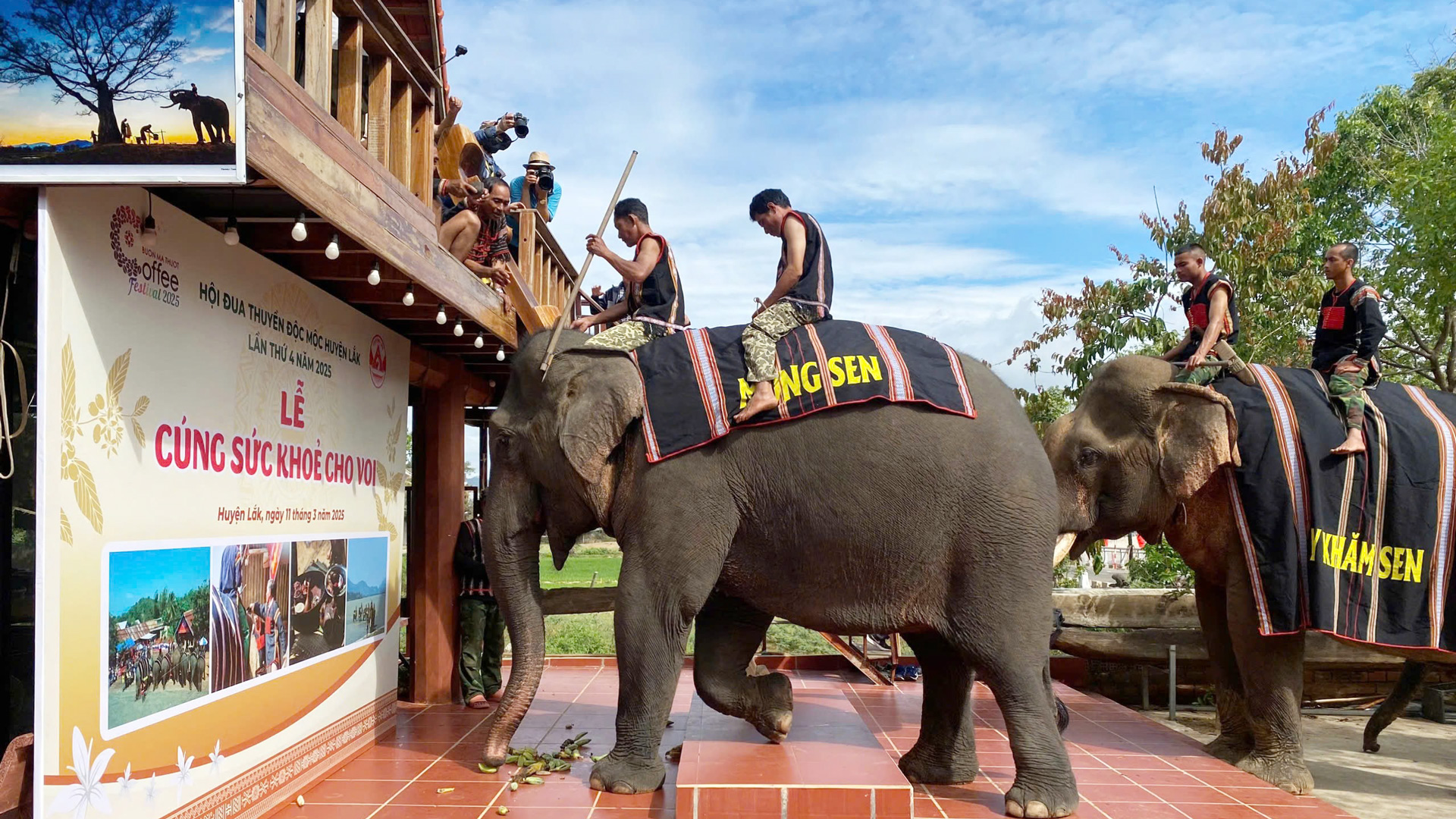 |
| Elephants are led into the ceremonial area in the traditional long house space. |
At the traditional long house yard of Lak district, the elephant health worship ceremony took place in a solemn atmosphere. The M'nong village elder and the elephant riders offered sacred prayers, wishing the "forest friend" good health and peace. The elephants, dressed in colorful brocade, slowly entered the altar to the deep sound of gongs. This ceremony not only reflects indigenous beliefs, but is also a way for people to express their gratitude to the animals that have accompanied them through many farming seasons and festival seasons.
After the ceremony, the equally anticipated part was the fruit buffet for the elephants. Bananas, watermelons, sugarcane, and pineapples were laid out, and visitors eagerly handed food to the gentle elephants. The laughter, applause, and bright eyes of the locals and visitors clearly showed their joy at seeing the elephants being loved and cared for properly.
From those meaningful festival activities, Lak district has been persistently building a tourism model without riding elephants, taking elephants as cultural subjects instead of tools to serve guests. Tourists can now walk with elephants, learn about their habits with the elephant trainers, listen to stories about elephants' lives, and experience a connected and empathetic lifestyle. In particular, after the ceremony, the elephants leisurely go to cool off at Lak Lake, the largest natural lake in the Central Highlands in a natural space that is properly respected.
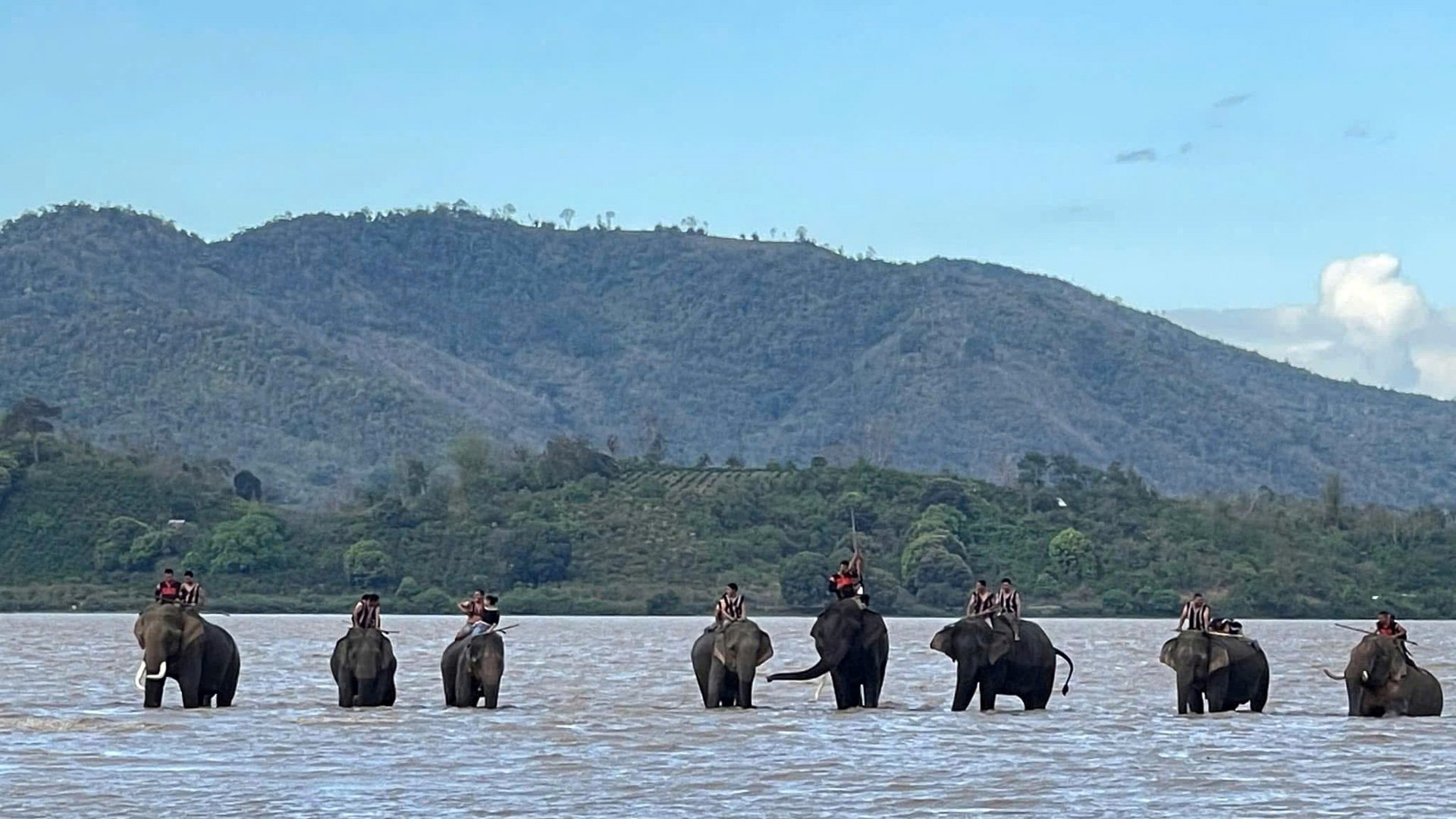 |
| Elephants wade through Lak Lake |
Since 2022, nearly 20 domesticated elephants in Lak district have been put into a scientific care process from proper diet, regular health check-ups, rest to participation in appropriate cultural activities. People who used to make a living by renting out elephant rides have now become tour guides and cultural storytellers - a career change that is both humane and sustainable.
This new tourism model has created a positive effect as the number of tourists, especially international tourists who love cultural and ecological experiences, is increasing. Revenue from activities related to elephants has also increased steadily over the years. More importantly, the image of elephants being respected and preserved has contributed to recreating and preserving the cultural identity of the Central Highlands in modern times.
For the M'nong people, elephants are not only precious animals but also collective memories, sacred symbols of the mountains and forests. Each individual elephant is associated with a life of an elephant handler, a story, a memory that is not easily forgotten. When elephants live in peace and are treated as friends, it is also the time when the culture of the Central Highlands is revived and sustained in the most natural way.
Source: https://baolamdong.vn/du-lich/202506/giu-chan-voi-giua-dai-ngan-d6945e3/



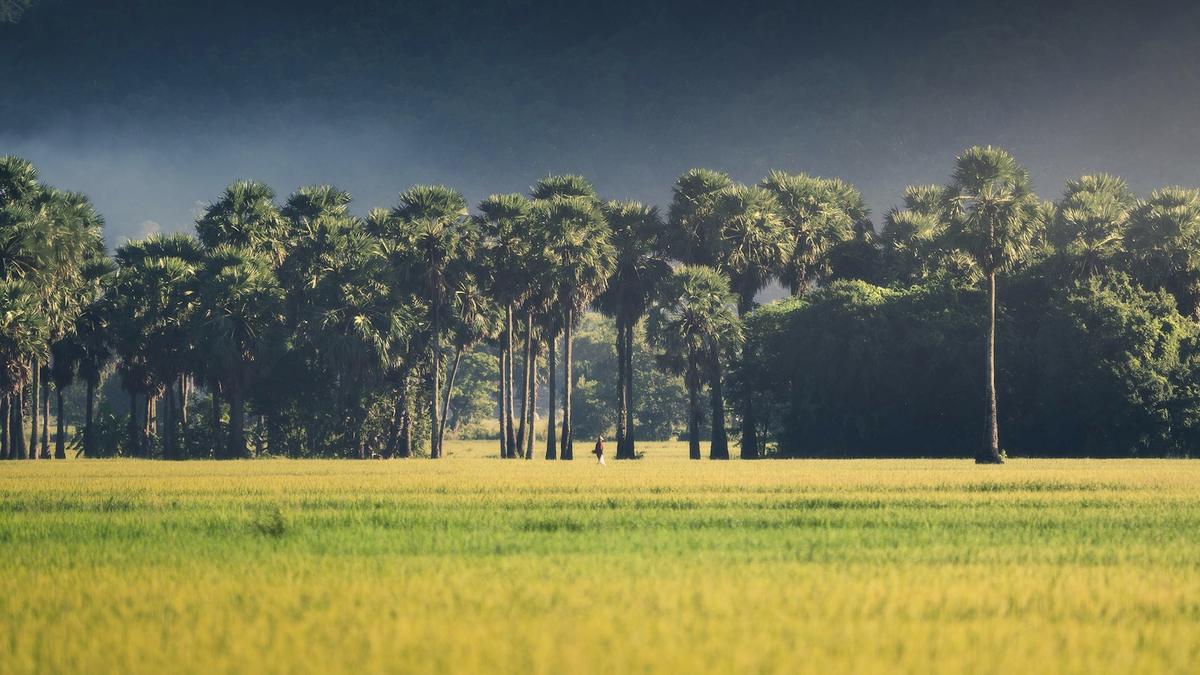
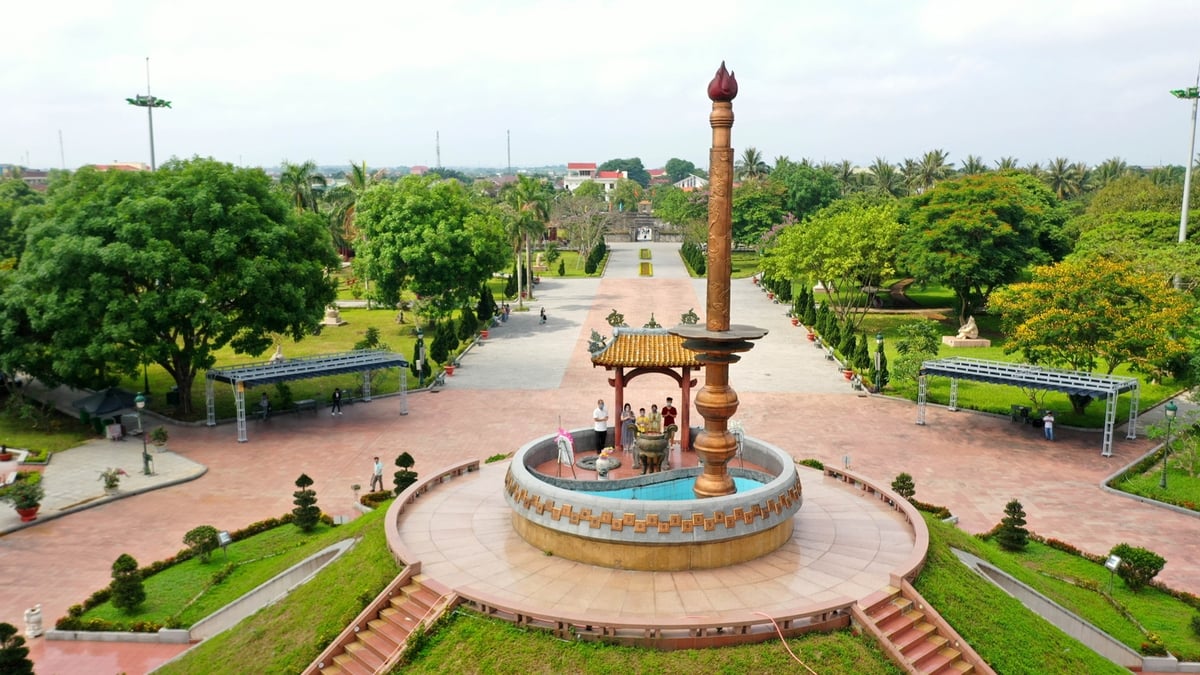
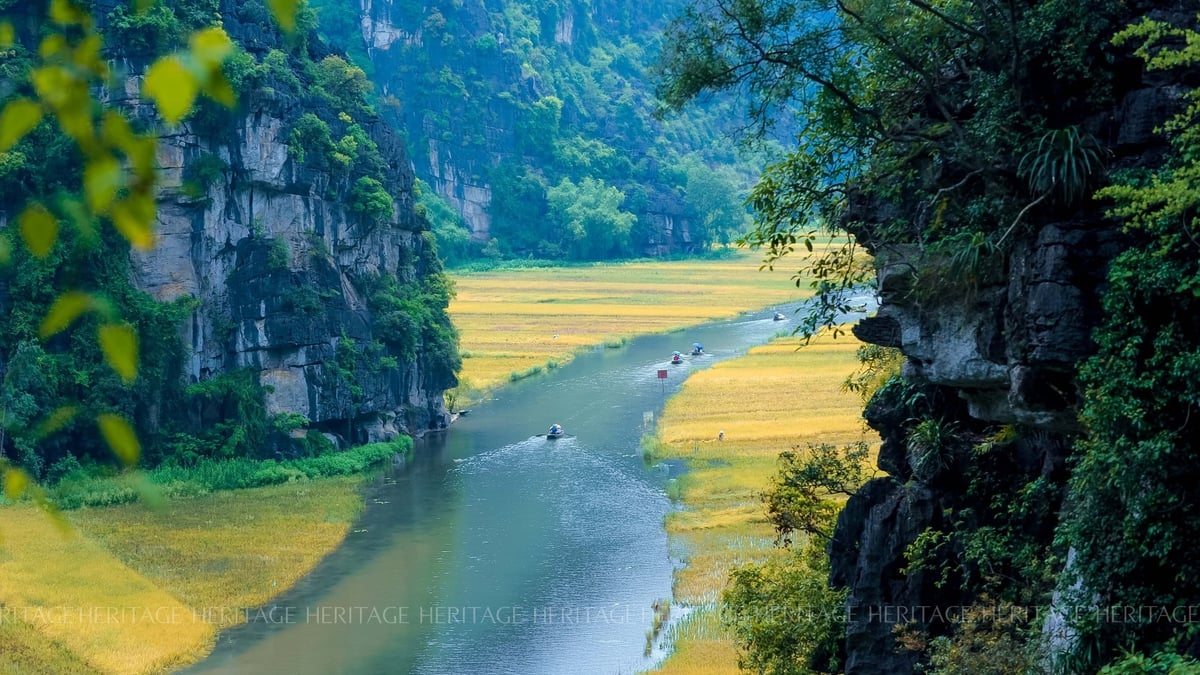
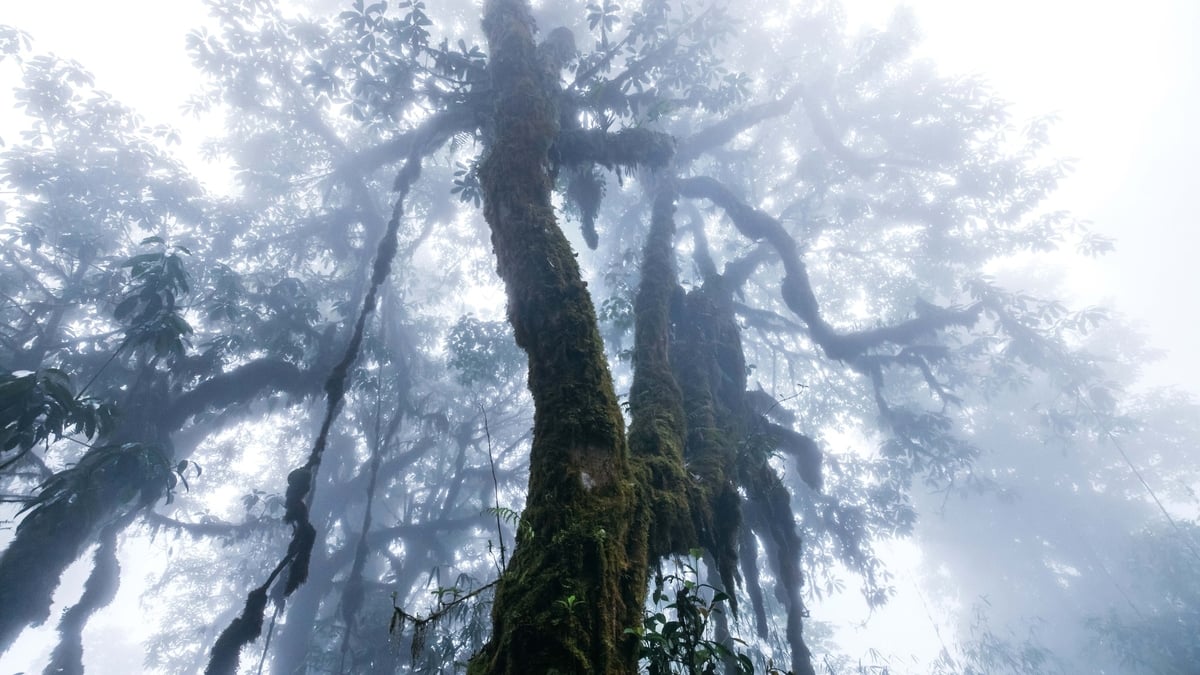

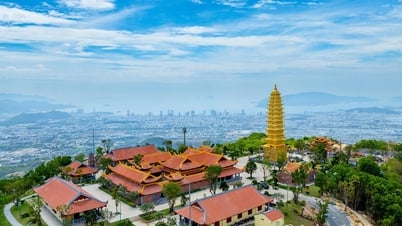

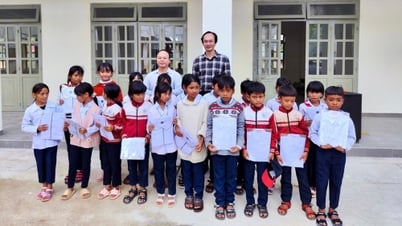




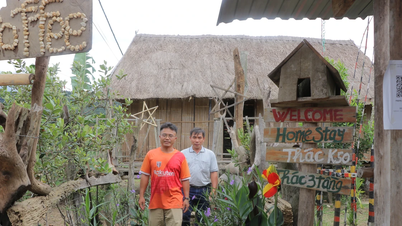







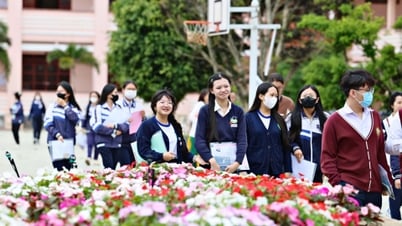
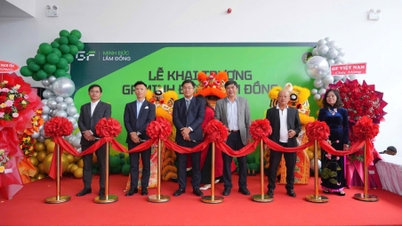
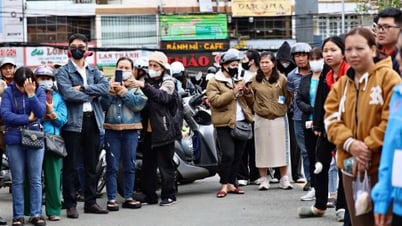

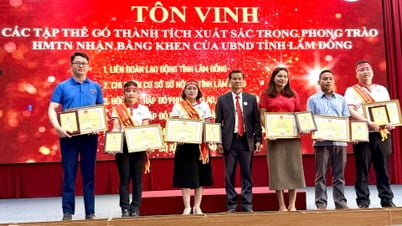


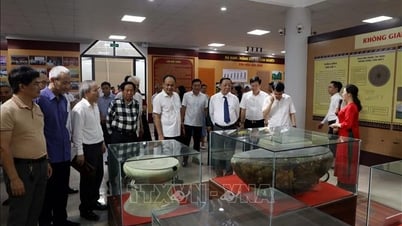

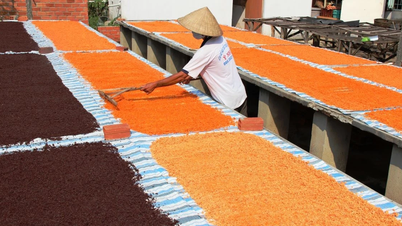



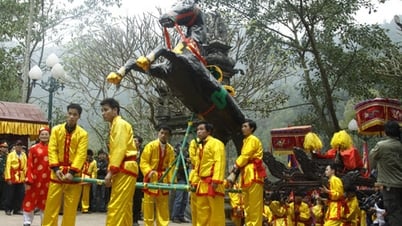

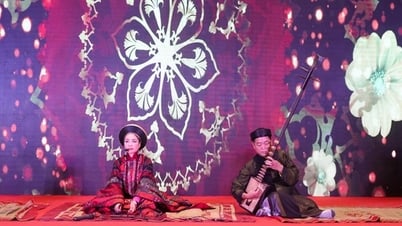
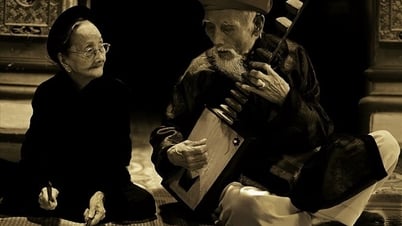

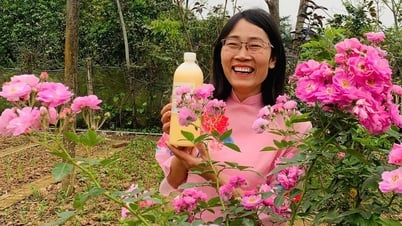

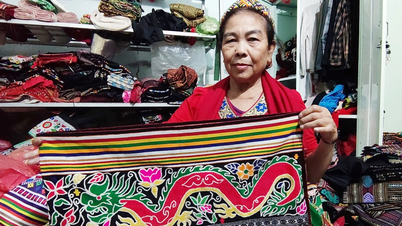

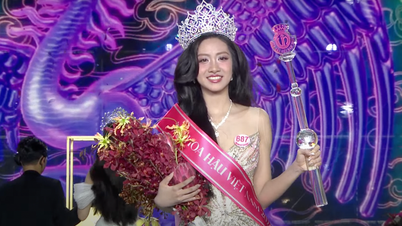














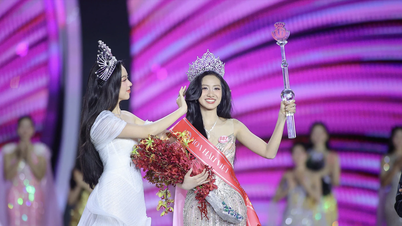






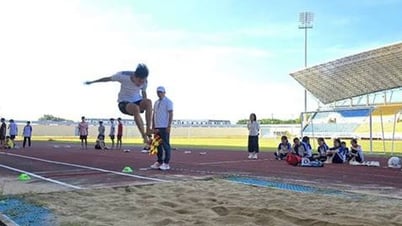



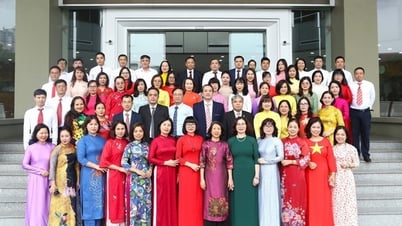
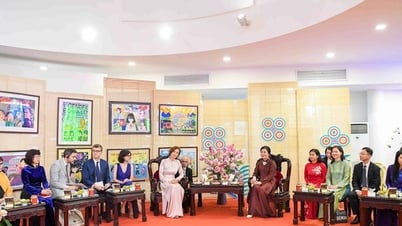





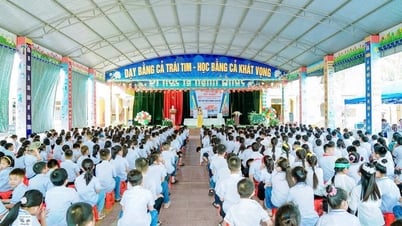


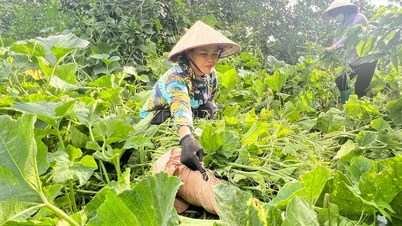

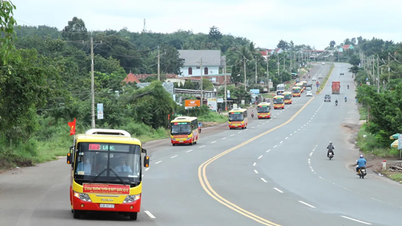
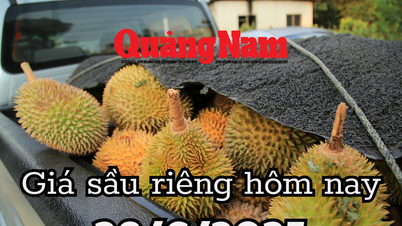














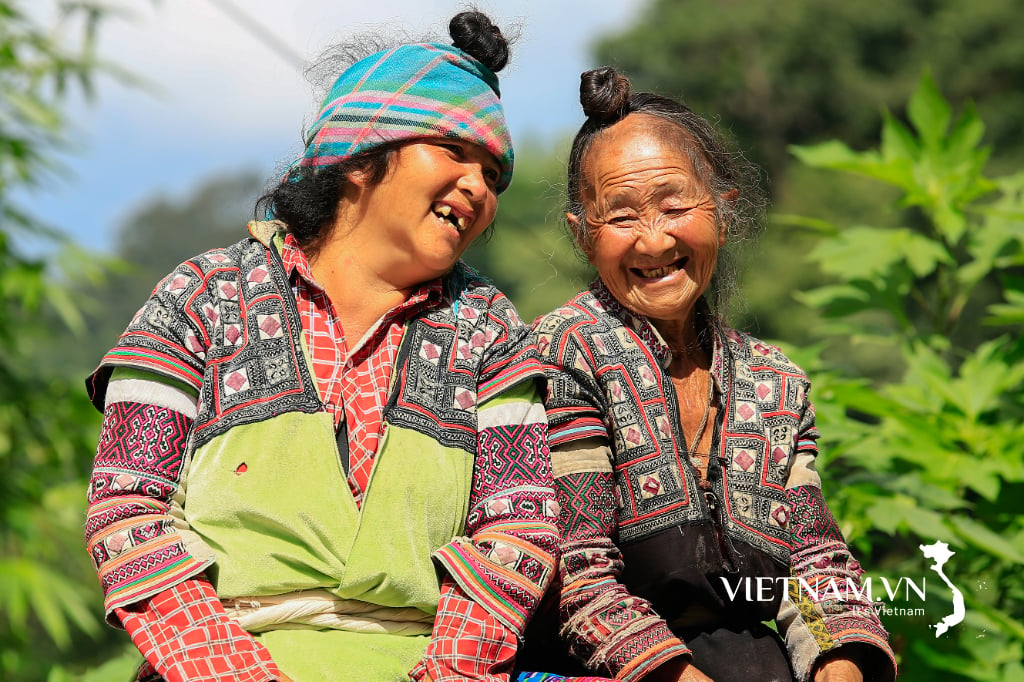
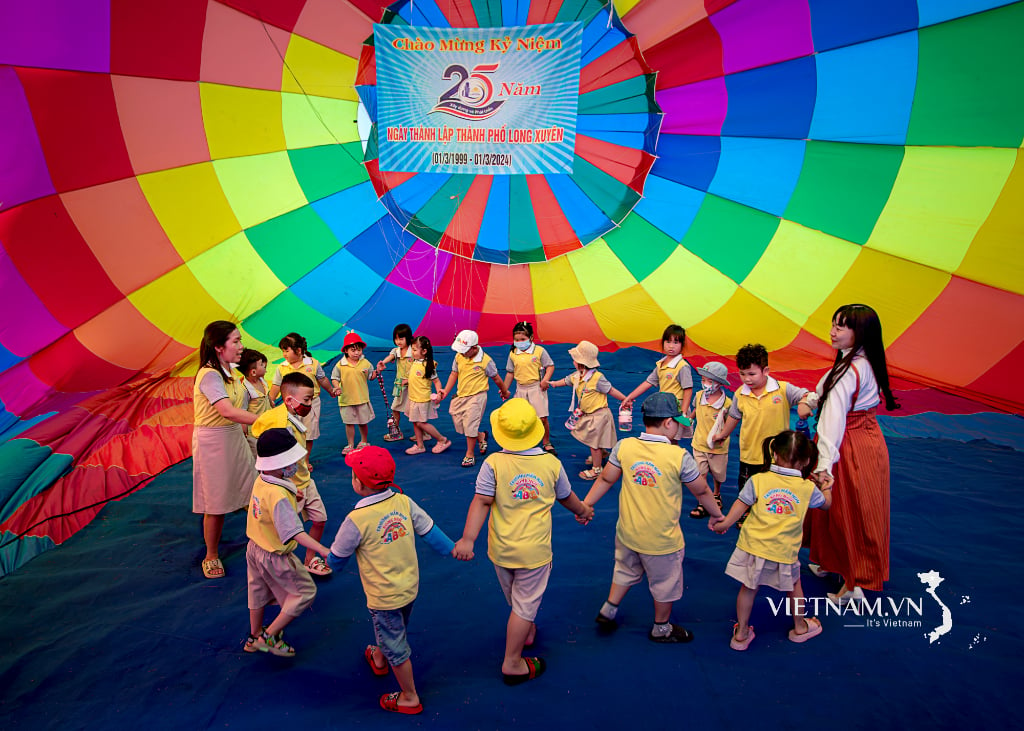
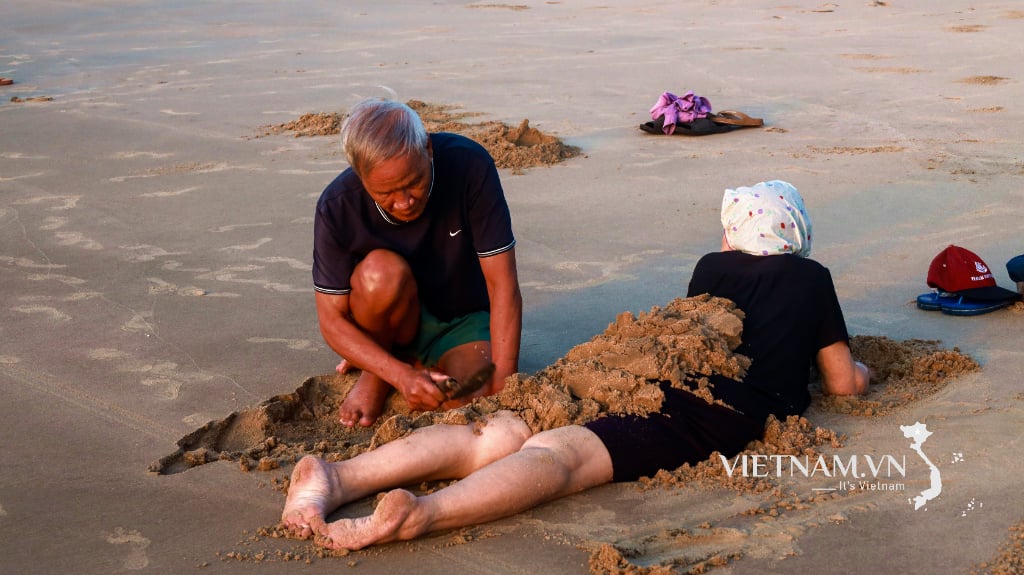
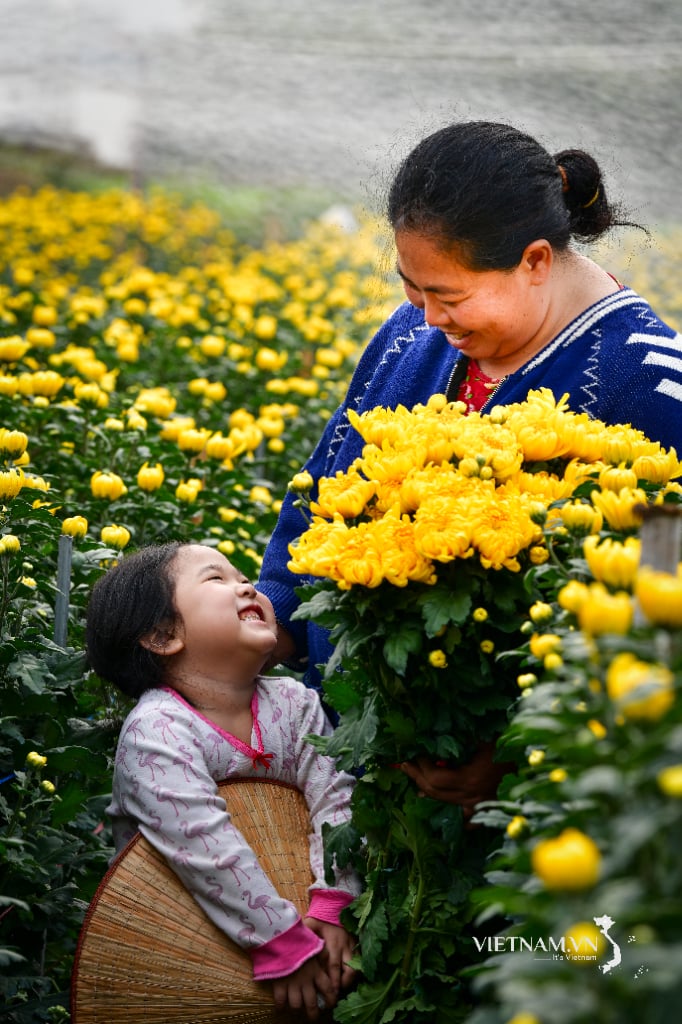
Comment (0)